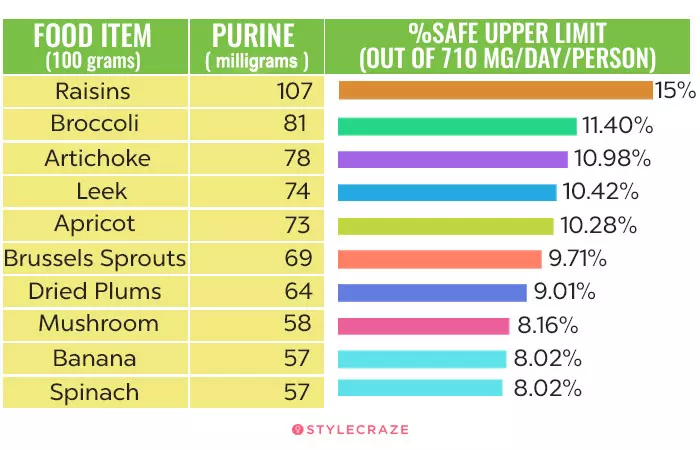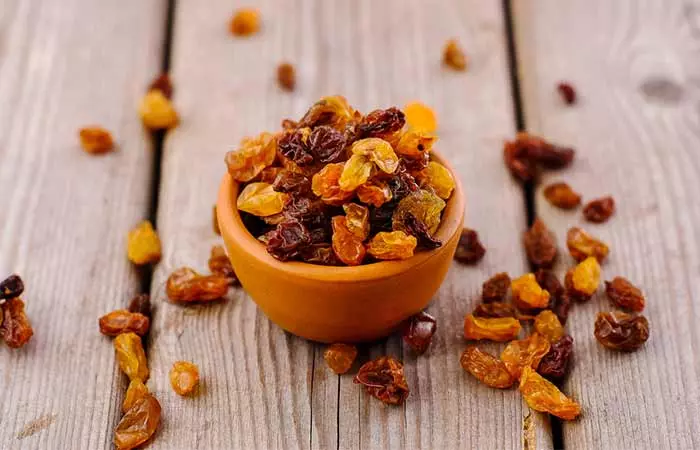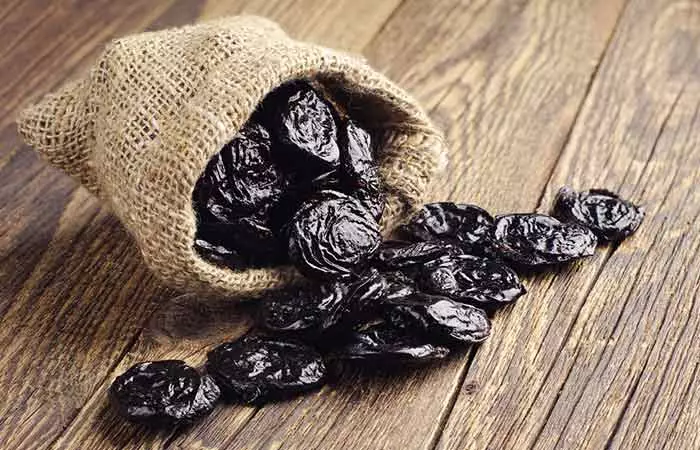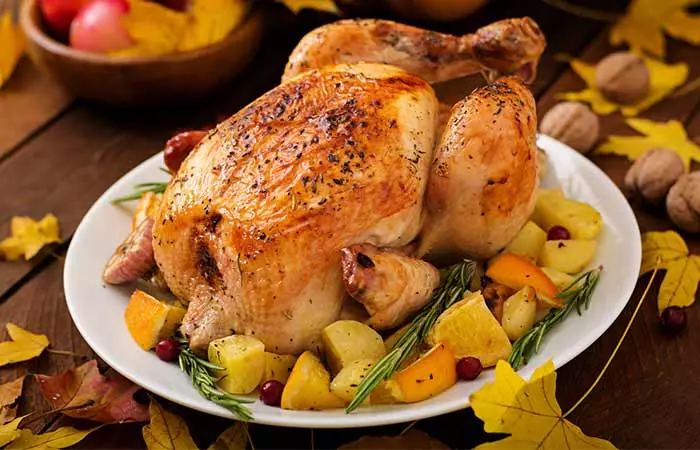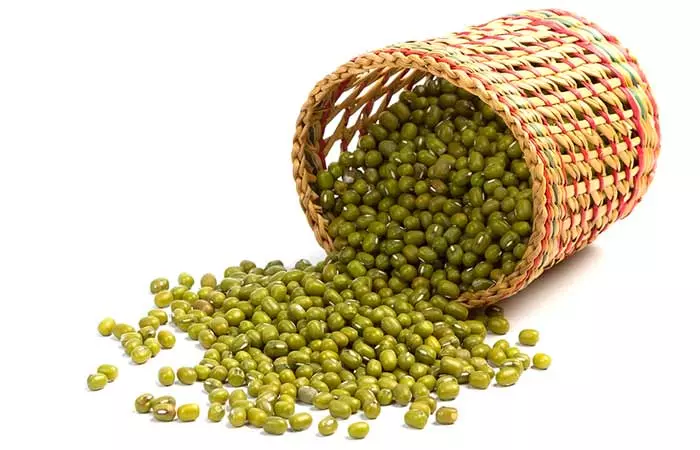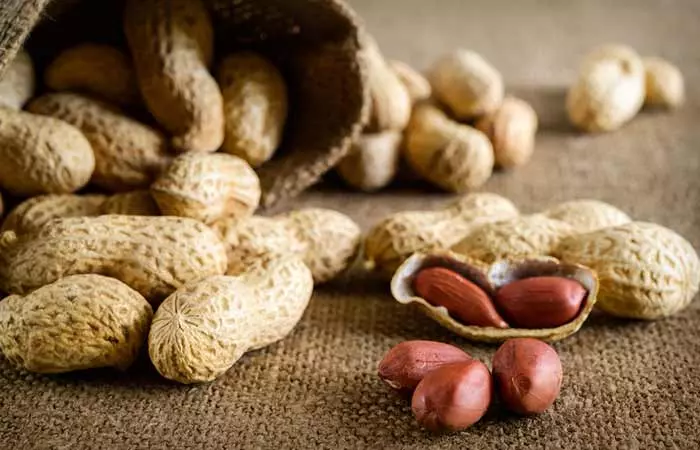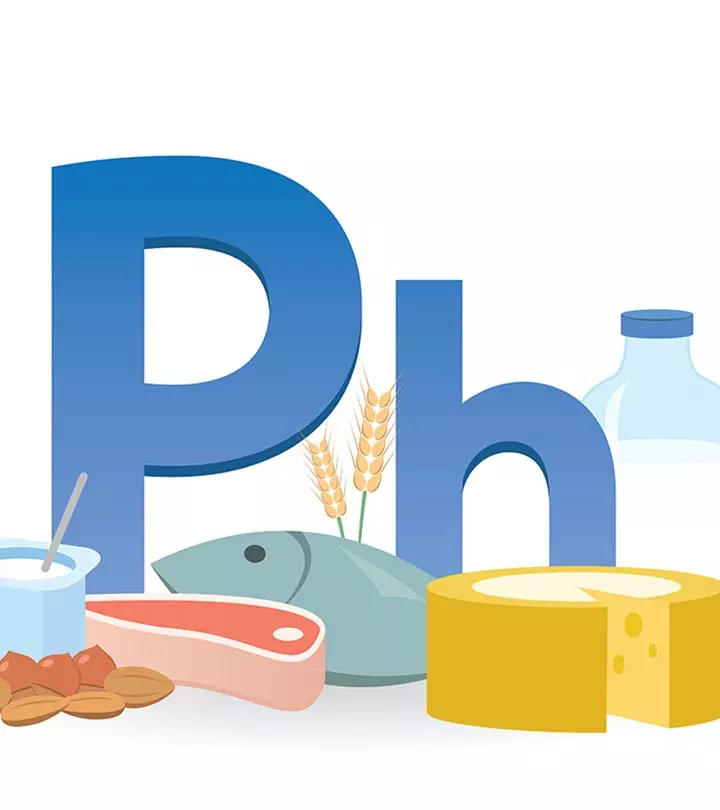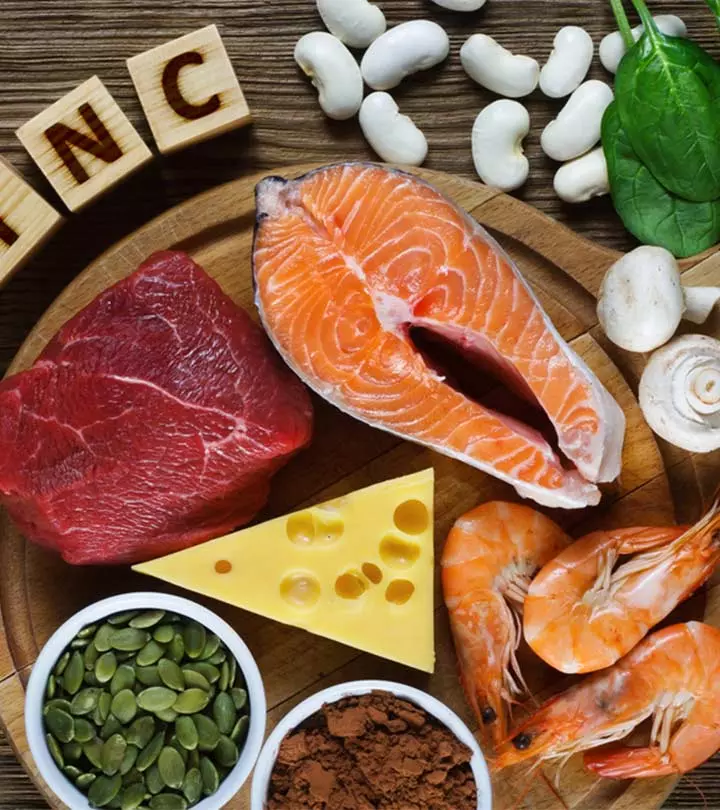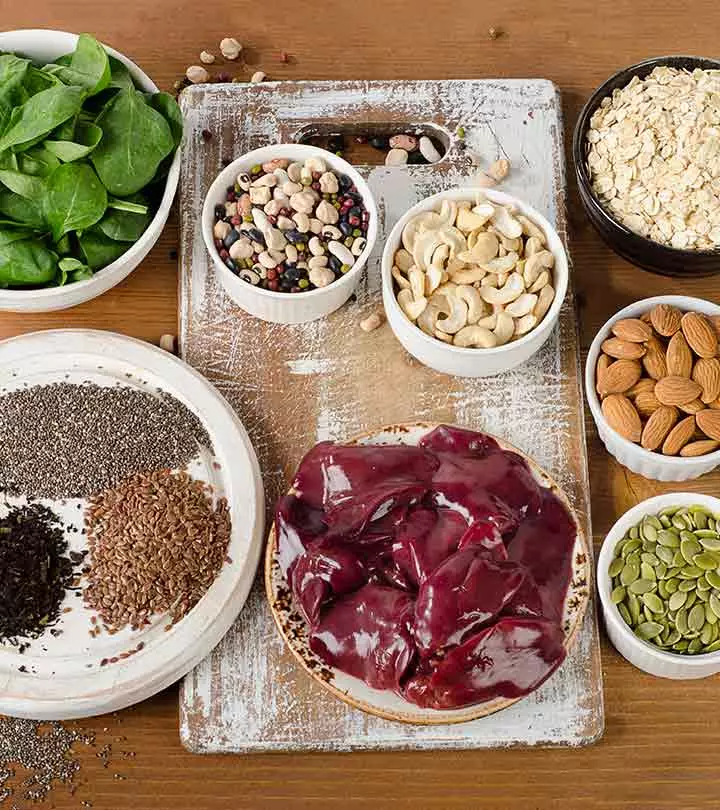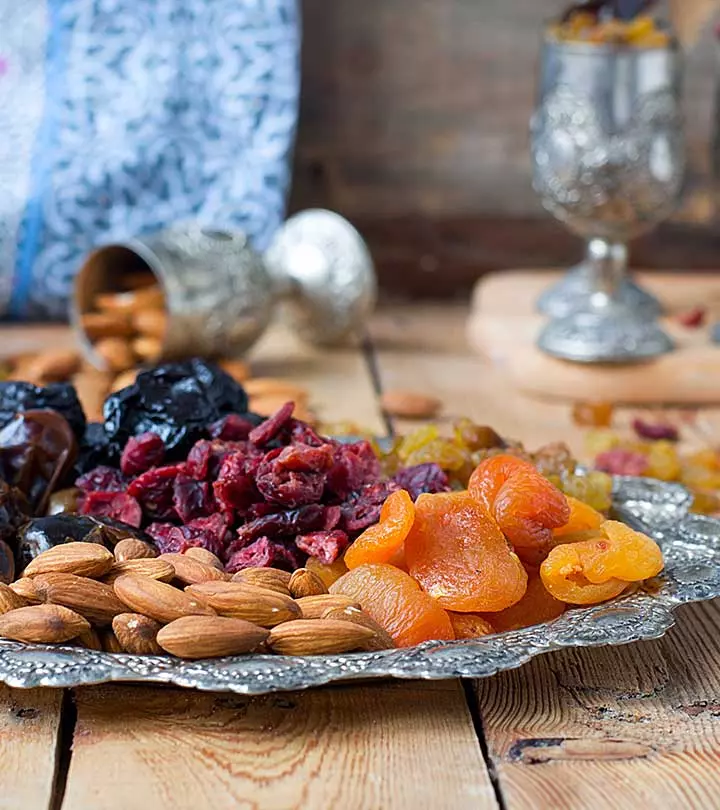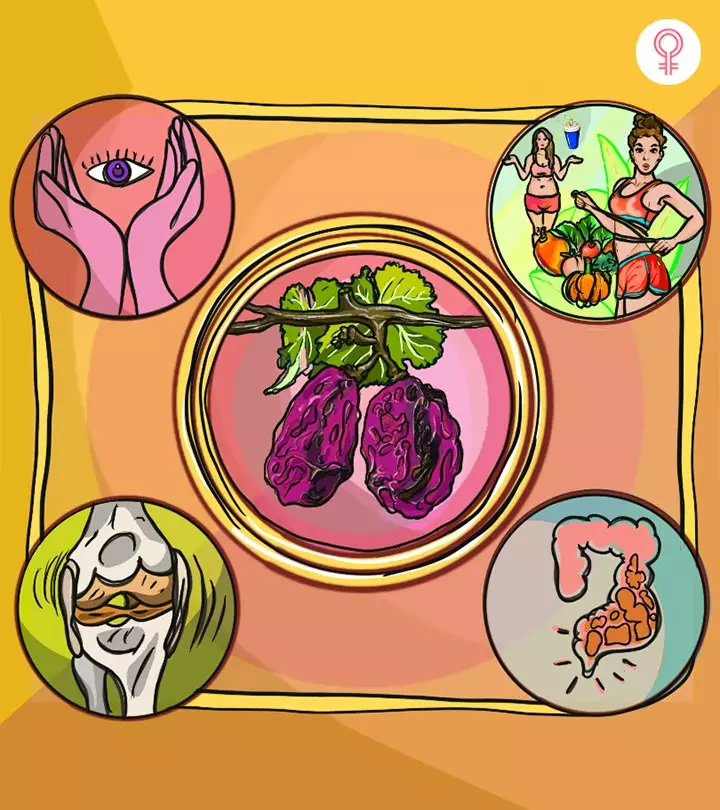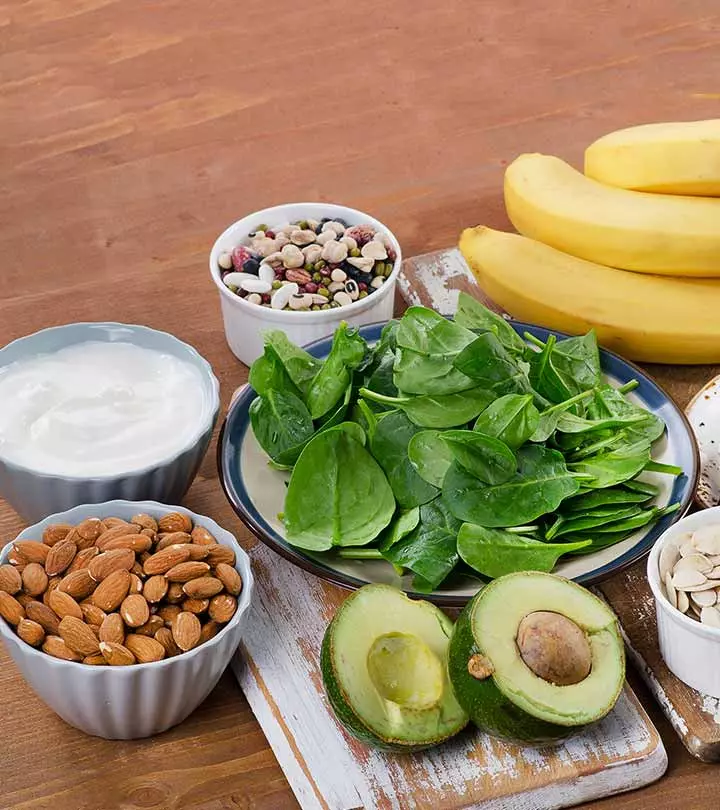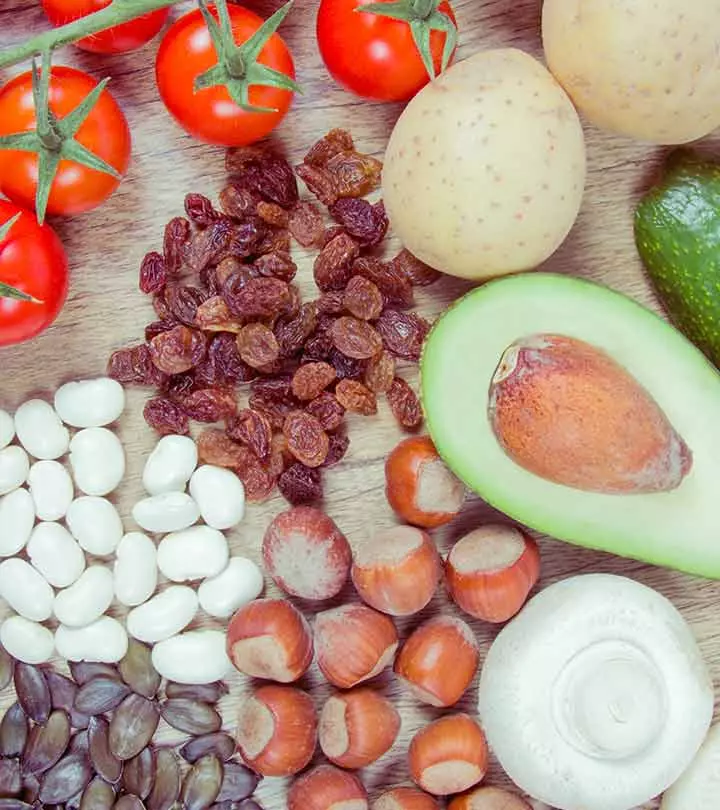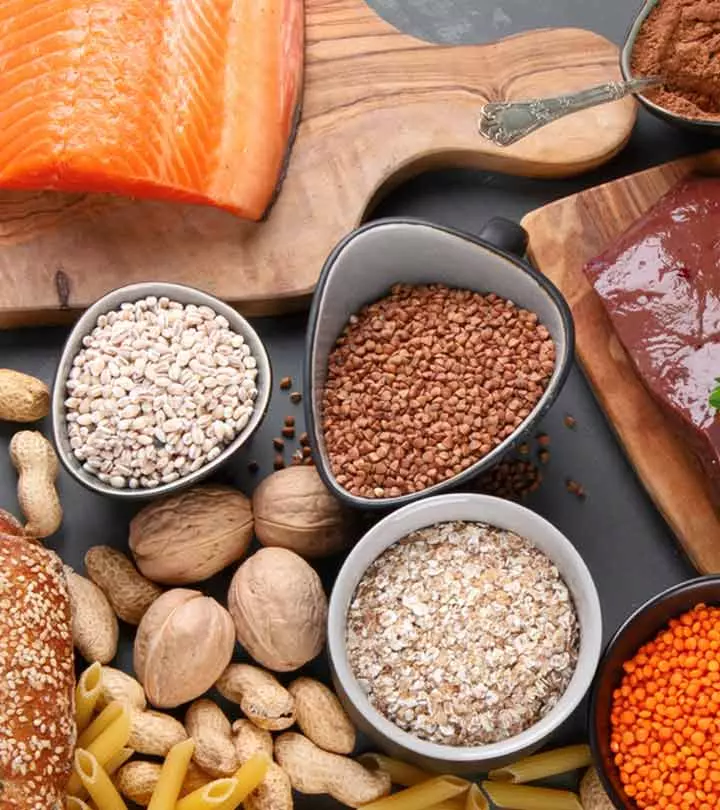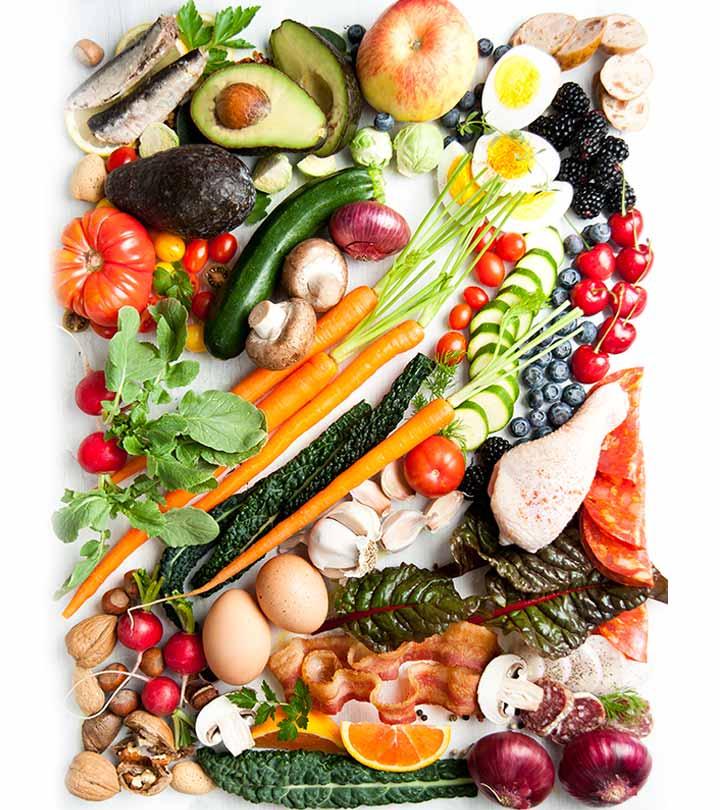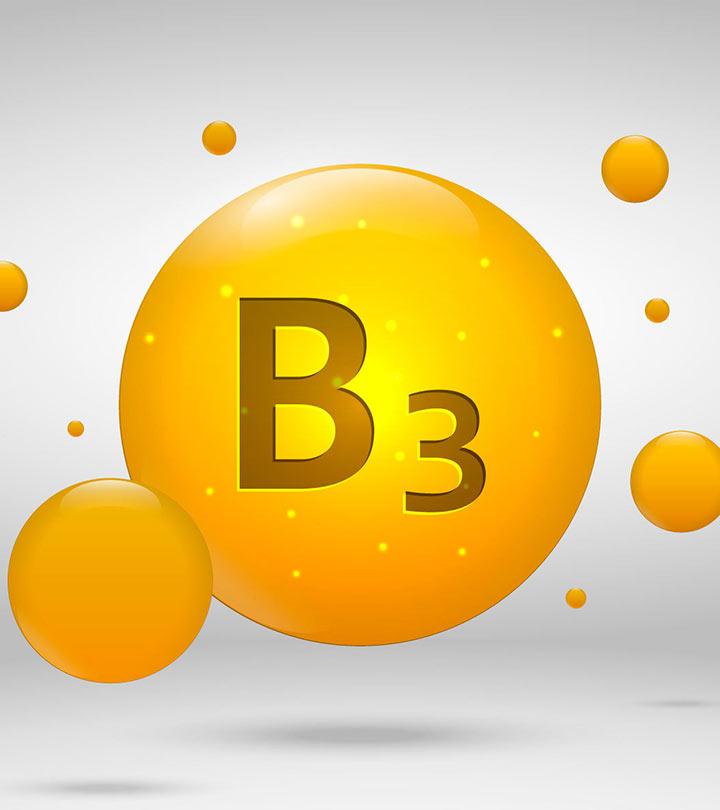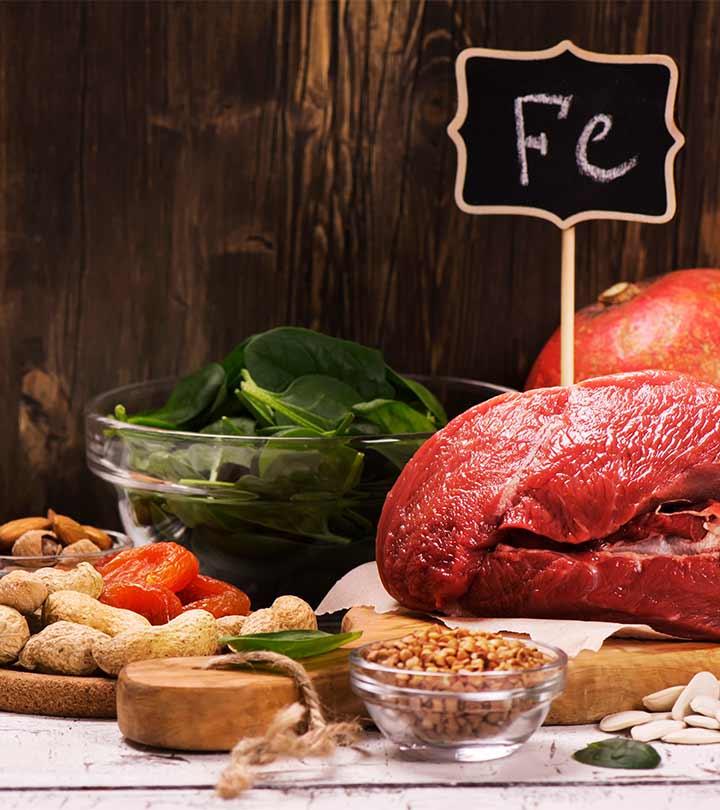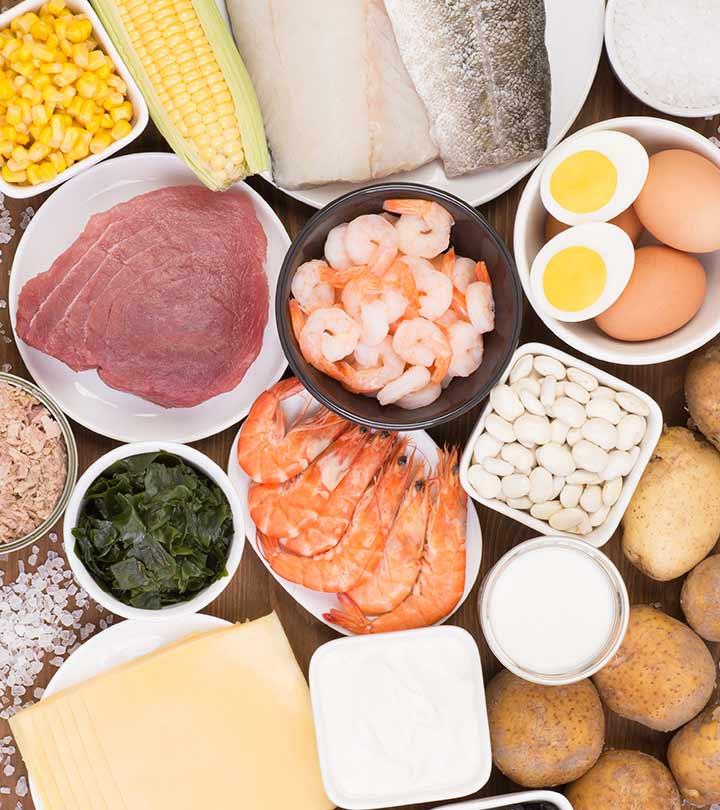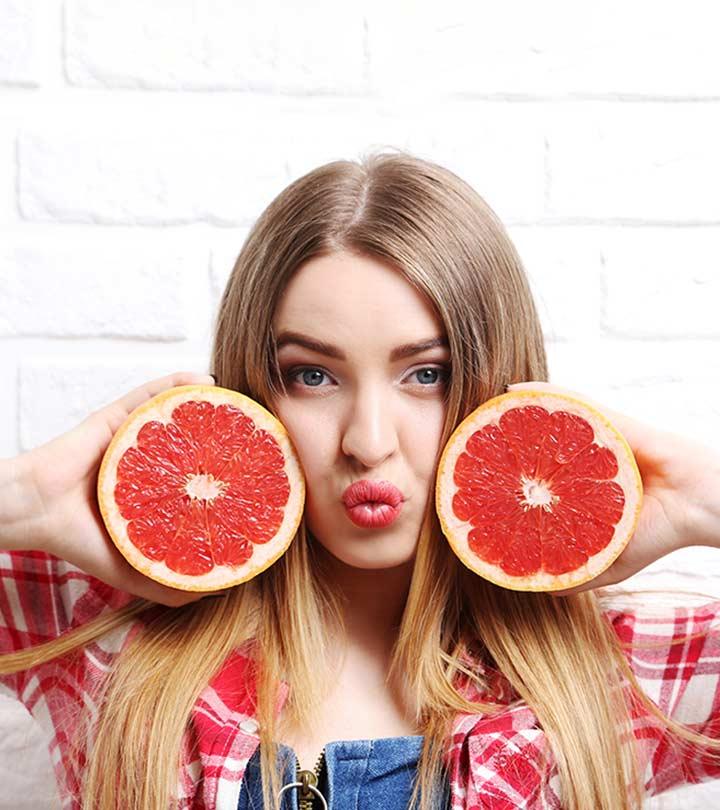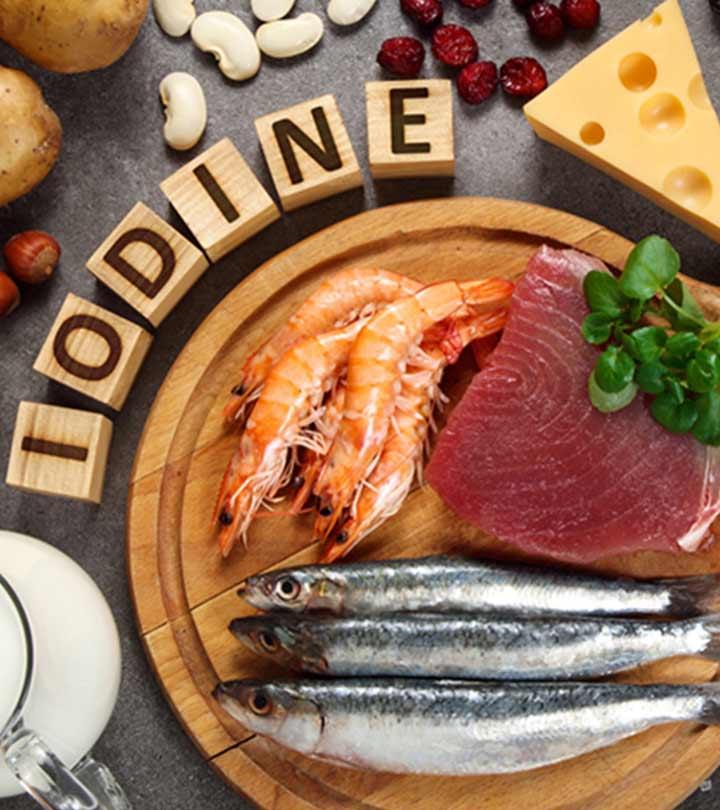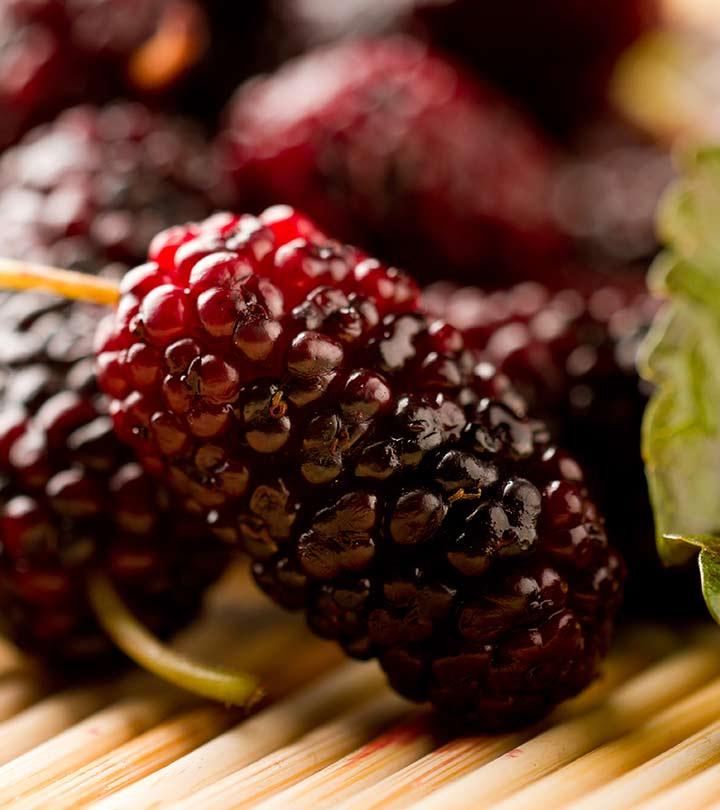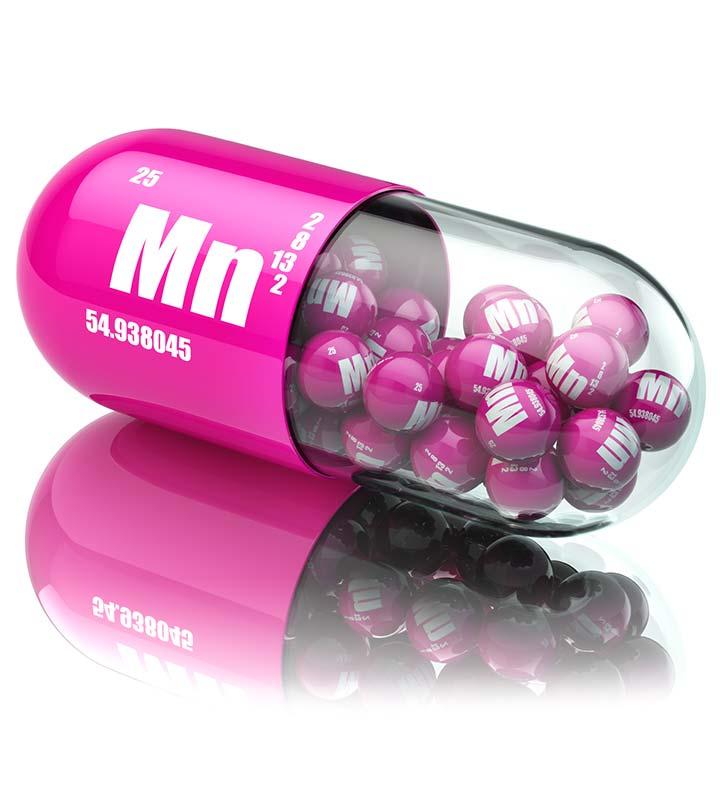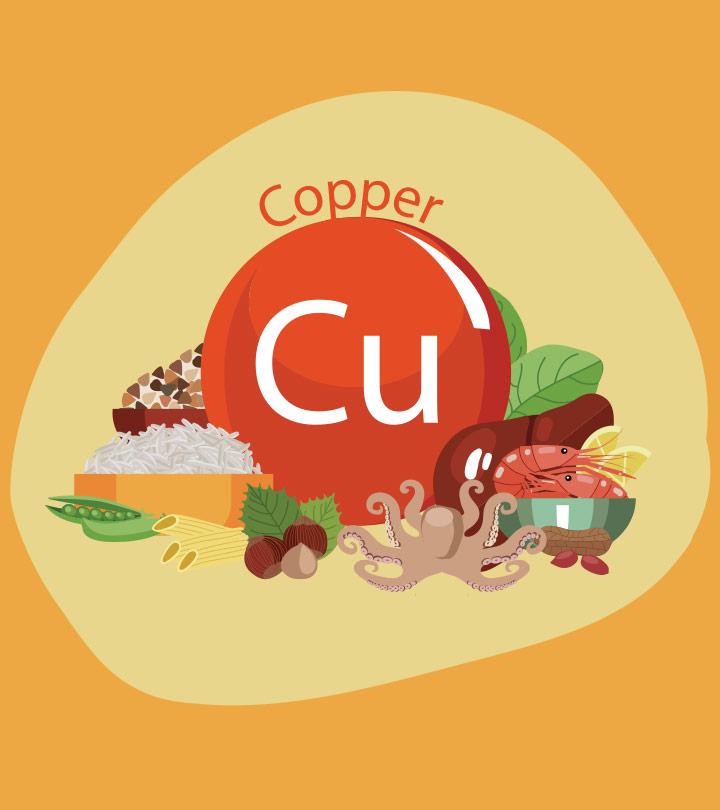Top 30 Foods High In Purines And How They Affect The Body
Add foods like broccoli, turkey, and peanuts to your diet to maintain your cell health and metabolism.
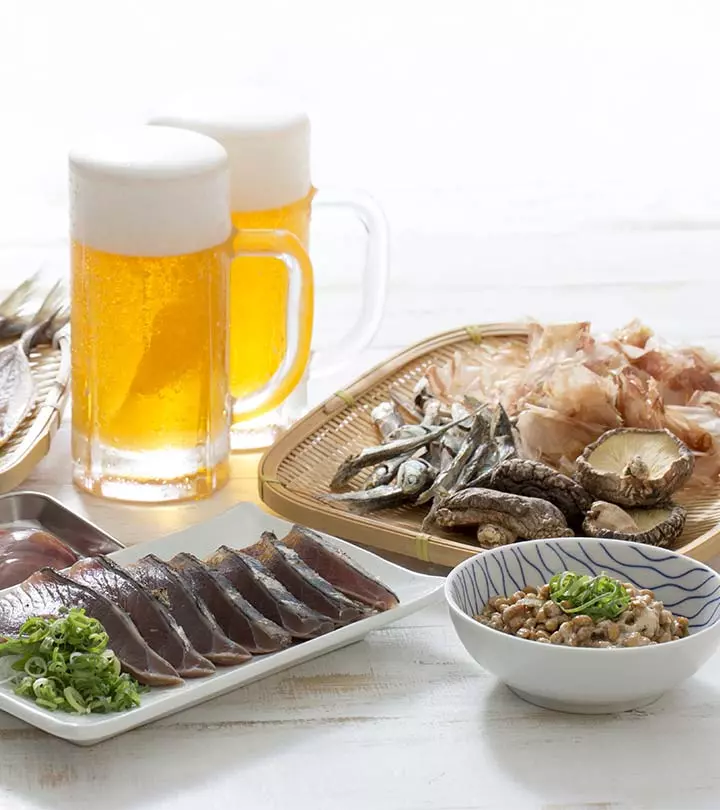
Image: Shutterstock
Purinesi Aromatic organic compounds found in higher levels in meat and seafood and are associated with an increased risk of gout. play a vital role in the synthesis of DNA and RNA. These organic compounds are found in every cell in your body. Including purine-rich foods in your diet helps you maintain their levels, but if you consume them in excess, they may trigger gouti A very common and complex form of inflammatory arthritis (joint pain) characterized by severe pain and tenderness in the joints. and many other health issues. These compounds are found less in plant-based foods and more in animal-based foods like meat products, kidneys, liver, fish, and shellfish. Purines are generally broken into uric acid in the body.
Does consuming foods high in purines actually benefit you? When should you minimize these foods? Learn the answers to these questions in the article below. Scroll down!
 Trivia
TriviaIn This Article
What Are Purine-Rich Foods?
Take a look at the chart below to find high purines foods.
Vegetables And Fruits – Purine-Rich Foods
1. Raisins
100 grams of raisins contain 107 milligrams of purines
Raisins are nothing but dehydrated grapes, only with higher concentrations of B vitamins, potassium, and iron. Not only the great sources of healthy carbohydrates and energy, raisins top the list of purine-rich foods
2. Broccoli
100 grams of broccoli contain 81 milligrams of purinesBroccoli is an extremely rich source of vitamins C and K – while the former helps in collagen formation, both nutrients are needed to build strong bones and teeth.
It also has antioxidants and other compounds that reduce inflammation and prevent cancer.
3. Artichoke
100 grams of artichoke contain 78 milligrams of purines
Artichokes are rich in fiber and help lower blood sugar and blood pressure levels. They also help get rid of the bad cholesterol in the body. A compound called cynarin in artichokes increases bile production in the liver, and this in turn, promotes the elimination of cholesterol from the body.
4. Leek
100 grams of leek contain 74 milligrams of purines
Leeks are especially rich in vitamin A,lutein, and zeaxanthini A type of organic pigment found in high levels in dark green veggies and fruits and helps protect eye tissues from damage. – all of which promote healthy vision. Vitamin A also supports the development of healthy blood cells and mucous membranes throughout the body, and promotes the proper transfer of oxygen.
5. Apricot
100 grams of apricot contain 73 milligrams of purinesApricots are rich in potassium, one mineral every cell in the body requires for optimum functioning
. Potassium is important for heart functioning and muscle contraction, and it also helps lower blood pressure levels.
6. Brussels Sprouts
100 grams of Brussels sprouts contain 69 milligrams of purines
Brussels sprouts are rich in fiber and folate. Fiber lowers blood cholesterol levels and aids weight loss. It also improves digestive health. Folate plays an important role in brain health. It also helps prevent birth defects in babies.
7. Dried Plums
100 grams of dried plums contain 64 milligrams of purines
Dried plums are good sources of copper and manganese. Copper is essential for the formation of red blood cells, and manganese plays a role in bone health. The plums also contain antioxidants that fight free radicals and inflammation.
8. Mushroom
100 grams of mushrooms contain 58 milligrams of purines
Mushrooms are good sources of beta-glucans, a type of fiber very beneficial for gut health. They also contain selenium, which is a mineral that boosts thyroid health. Mushrooms are good sources of vitamin D as well, which aids calcium absorption.
9. Banana
100 grams of bananas contain 57 milligrams of purines
Bananas offer an energy boost, which is why they make for a great pre- and post-workout snack. While the fiber in them enhances digestive health, their potassium content regulates blood pressure.
10. Spinach
100 grams of spinach contain 57 milligrams of purines
Spinach is one of the richest sources of iron – a mineral that is essential for hemoglobin production and promotes strength and energy. Spinach can improve blood sugar levels and even lower the risk of cancer.
Meat And Seafood High In Purines
11. Chicken
100 grams of chicken contain 175 milligrams of purines
Chicken is a very good source of protein, and it contains all the essential amino acids. It also is rich in vitamin B3 (also called niacin) that is responsible for converting carbs into energy. And the selenium in chicken helps prevent cardiovascular and inflammatory diseases.
12. Salmon
100 grams of salmon contain 170 milligrams of purines
Salmon is known for its omega-3 content; these fatty acids are some of the healthiest things one can find in nature. Omega-3 fatty acids improve heart and brain health, lower cholesterol, fight inflammation, improve vision health, and even promote the health of skin and hair.
| According to an American study, modifying adverse dietary habits can be extremely advantageous in preventing gout or even dealing with it (1). |
13. Pork
100 grams of pork contain 166 milligrams of purines
Pork is primarily made of protein, and it contains all the essential amino acids. It also is rich in thiamine, a B-vitamin that plays an important role in energy production, healthy brain function, digestion, and mood.
14. Turkey
100 grams of turkey contain 150 milligrams of purines
In addition to protein, turkey is also rich in tryptophan – an amino acid that regulates sleep. Like other meat foods, it is also packed with selenium that boosts immunity and prevents disease.
15. Shrimp
100 grams of shrimp contain 147 milligrams of purines
Shrimp is an excellent source of high-quality lean protein. It also contains all the essential amino acids. Zinc and selenium are two other important minerals it contains – both of which boost energy production and immunity.
16. Duck
100 grams of duck contain 138 milligrams of purines
Like other sources of meat, duck is a complete protein – which means it contains all the essential amino acids. And in addition to zinc and selenium, it also contains vitamins B5 and B12 – both of which support nervous system health.
17. Scallops
100 grams of scallops contain 136 milligrams of purines
Scallops are a low-fat protein source, which makes them quite healthy. They also are rich in vitamin B12 that helps prevent anemia, fatigue, and depression.
18. Beef
100 grams of beef contain 133 milligrams of purines
Beef contains a variety of nutrients, pretty much like most other meat sources. Apart from protein, it also contains zinc, selenium, iron, and vitamin B6. Another important mineral is phosphorus, which plays a role in body growth and maintenance.
19. Rabbit
100 grams of rabbit contain 132 milligrams of purines
Rabbit meat, which is a type of game meat, happens to contain more protein than chicken or beef. It is also comparatively lower in calories and saturated fat.
20. Oysters
100 grams of oysters contain 90 milligrams of purines
Oysters are rich in protein and other essential nutrients like iron, selenium, and zinc. They also are good sources of vitamin C that boosts immune function.
Beans And Legumes – High Purine Foods
21. Mung Beans
100 grams of mung beans contain 222 milligrams of purines
Mung beans are rich in fiber. They fill you up for long periods and prevent you from overeating. They also contain other nutrients like potassium, magnesium, and B vitamins that help fight heart disease, diabetes, and obesity.
22. Soybeans
100 grams of soybeans contain 190 milligrams of purines
Soybeans are one of the best sources of plant-based protein. They contain decent amounts of both soluble and insoluble fibers. They also have saponins, compounds known to lower cholesterol levels.
23. White Beans
100 grams of white beans contain 128 milligrams of purines
The antioxidants in white beans can prevent cancer and other grave inflammatory ailments. The beans are also rich in folate, which boosts brain health and prevents birth defects.
24. Lentils
100 grams of lentils contain 127 milligrams of purines
Lentils are an excellent source of protein. They also contain folate and magnesium, two nutrients essential for heart health.
25. Garbanzo Beans
100 grams of garbanzo beans contain 109 milligrams of purines
Garbanzo beans are known to lower cholesterol levels. They also contain fiber that boosts digestion.
26. Green Peas
100 grams of green peas contain 84 milligrams of purines
Green peas are an excellent source of vitamin K, a nutrient that is crucial for bone production and development. The peas also help regulate blood sugar levels.
27. Bean Sprouts
100 grams of bean sprouts contain 80 milligrams of purines
Bean sprouts are extremely rich in protein and contain all the required amino acids. They also contain vitamin C and folate.
28. Peanuts
100 grams of peanuts contain 79 milligrams of purines
Peanuts are rich in protein, and they are one of the richest sources of biotin – which is important during pregnancy. They also are a rich source of vitamin E, a powerful antioxidant.
29. Tofu
100 grams of tofu contain 68 milligrams of purines
Apart from protein, tofu is also a rich source of calcium. Made from soybean curds, tofu is naturally gluten-free and low in calories. It has been shown to reduce the risk of obesity and diabetes. You can also consume other plant-based, protein-rich, and soy products like tempeh.
30. French Beans
100 grams of French beans contain 45 milligrams of purines
Also called green beans/string beans, they contain high amounts of chlorophyll that can help fight cancer. And the folate they contain treats depression and also prevents birth defects.
That’s with the list of foods considerably high in purines. And now, we get back to what we talked about in the beginning – can you consume them? Or should you just chuck them off your plate? Well, why are we even having this discussion now?
| Studies suggest that taking vitamin C supplements can help reduce symptoms of gout (2). |
What’s With Purines? How Does It Affect The Body?
Firstly, let’s understand that purines, by themselves, are not a problem. They are naturally produced in the body and are also found in a variety of foods. During digestion, purines break down to form uric acid, which, in extreme excess, can form crystals that get deposited in your joints and cause pain and inflammation. This condition is called gout.
An excess of uric acid in the body can cause gout and kidney stones. Hence, if you have any of those conditions, it’s better you stay away from foods high in purines.
And when we say foods that are high in purines, we don’t necessarily mean fruits and vegetables. Studies have shown that fruits and veggies high in purines do not increase the risk of gout or aggravate a preexisting condition (3). They can help with the condition as their antioxidants and cleansing fruit acids such as citric and malic acid (in lemons and apples) fight inflammation.
 Trivia
TriviaNow, that brings to our next question. What’s up with the gout diet?
What To Take If You Have Gout? And What To Avoid?
Let’s keep it simple.
Purine Diet- What To Take
- Anti-inflammatory fruits and vegetables, such as cherries and fresh berries), sweet potatoes, onions, garlic, and whole grains such as oats, quinoa, barley, brown rice, and wheat bran.
- Adequate water
- Foods rich in vitamin C
- Low-fat yogurt
- Low-fat milk
- Coffee (moderate intake)
- Black Tea (moderate intake)
- Salmon (but please consult a doctor first)
- Chicken breast (please consult a doctor)
- Nuts and seeds
Purine Restricted Diet- What To Avoid
- Organ meats like liver, kidney, and sweetbreads
- Seafood
- Alcohol
- Bacon
- Oatmeal
- Dried peas and beans
- Chocolates
- Beer
- Wine
 Quick Tip
Quick TipThese are the foods you can eat (and avoid) on a low-purine diet. According to the Arthritis Foundation, limiting the consumption of high-purine foods can help deal with and prevent symptoms of gout (4).
Rufio Pasco, a blogger who shares his experience regarding gout disorders, discussed why he chooses a balanced diet over other diets to manage his gout issue. He said, “I, and many other gout sufferers, have tried sticking to low purine only diets, however, this didn’t fully prevent gout attacks compared to eating a balanced diet that covers low, medium and high purine foods (i).”
Infographic: Purines – Everything You Need To Know About Them
Purines are one of the basic components of our DNA. They contribute to growth and development and are found in various foods. However, excessive consumption of purines may cause health problems.
Check out the infographic below to learn what purines are, their role in the body, how we obtain them, and why we should note their levels. Illustration: StyleCraze Design Team
Your body needs purines for the synthesis of RNA and DNA. The body can produce purines on its own, but you can also get some of it through your diet, especially through foods like raisins, broccoli, chicken, salmon, pork, shrimp, mung beans, and soybeans.
However, excess intake of purines can be harmful to the body. Purines are broken down into uric acid, which can lead to diseases like gout in case of excessive reserves. This acid may also lead to the formation of kidney stones, so practice caution while eating purine-rich foods.
Frequently Asked Questions
Are cucumbers and potatoes high in purines?
Eva De Angelis, Registered Dietitian Nutritionist, says, “Except for asparagus, cauliflower, mushrooms, green peas, and spinach, all other vegetables have a very low purine content.”
Are apples and almonds high in purines?
“No. All fruits and nuts are appropriate for low-purine diets,” says De Angelis.
Are eggs high in purine?
No, eggs are low in purine and may be beneficial for people suffering from gout and high levels of uric acid (5).
Is tomato high in purine?
No, tomatoes have a small amount of 3.7mg/ 100g of total purines (5).
Is carrot high in purine?
No, carrot has a small amount of 2.5 mg/100g of total purines (5).
Key Takeaways
- Purines are organic compounds, necessary for DNA synthesis, produced in the body or consumed through plant and animal-based foods.
- Foods rich in purines are broccoli, artichoke, banana, apricot, French beans, and legumes.
- Meat products like chicken, pork, turkey, beef, rabbit, oysters, duck, and shrimp are high in purines.
- Excess purine consumption increases uric acid levels in the body that accumulate in the joints as crystals and cause pain and inflammation.
Get ready to uncover the top 5 foods with the highest purine content! From organ meats to certain seafood, this video sheds light on the culprits that can trigger gout and how to make informed dietary choices. Don’t miss it!
Personal Experience: Source
StyleCraze's articles are interwoven with authentic personal narratives that provide depth and resonance to our content. Below are the sources of the personal accounts referenced in this article.
i. High, medium and low purine foods in your diethttps://medium.com/@rufiopasco/high-medium-and-low-purine-foods-in-your-diet-e158778cdf4e
Read full bio of Dr. Timothy M. Marshall
- Eva De Angelis is a Dietitian Nutrionist from Argentina. She specializes in food and nutrition education, and healthy cooking. She has a Bachelor’s degree in Human Nutrition and Dietetics from ISalud University, a postgraduate certificate in Nutrition, Gastronomy, and Health, a culinary diploma, and an intermediate-level technical degree in Food Science.
 Eva De Angelis is a Dietitian Nutrionist from Argentina. She specializes in food and nutrition education, and healthy cooking. She has a Bachelor’s degree in Human Nutrition and Dietetics from ISalud University, a postgraduate certificate in Nutrition, Gastronomy, and Health, a culinary diploma, and an intermediate-level technical degree in Food Science.
Eva De Angelis is a Dietitian Nutrionist from Argentina. She specializes in food and nutrition education, and healthy cooking. She has a Bachelor’s degree in Human Nutrition and Dietetics from ISalud University, a postgraduate certificate in Nutrition, Gastronomy, and Health, a culinary diploma, and an intermediate-level technical degree in Food Science.
Read full bio of Arshiya Syeda
Read full bio of Aparna Mallampalli





